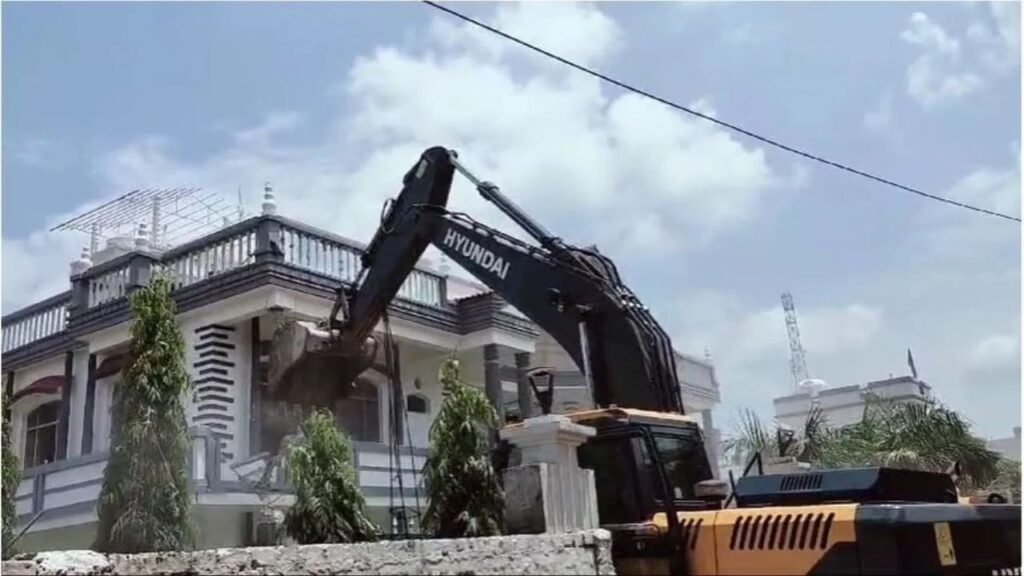The controversial issue of bulldozer actions targeting specific communities in India has escalated to the Supreme Court, with a hearing scheduled today. The hearing will address a petition filed by the Jamiat Ulema-e-Hind, which challenges these actions taking place mainly in Uttar Pradesh, Madhya Pradesh, and Rajasthan.
Background of the Issue
The use of bulldozers as a means of punitive action has drawn significant scrutiny and debate across India. Critics argue that these actions disproportionately target minority communities, leading to allegations of discrimination and injustice. The Supreme Court will be hearing arguments related to this matter, specifically focusing on incidents in which properties linked to individuals accused of crimes have been demolished without due process.
The Court Hearing Details
The bench led by Justice B.R. Gavai will commence the hearing at 11 AM today. The Jamiat’s petition outlines several incidents, including one in which a property was demolished mere hours after an individual was accused in Madhya Pradesh in May. This raises concerns about the legality of such swift punitive measures taken by the government, often viewed by many as a violation of legal rights.
Incidents Highlighted in the Petition
In recent months, several instances of bulldozer actions have been reported:
| State | Date | Incident |
|---|---|---|
| Madhya Pradesh | May 2023 | Property of an accused was demolished hours after an accusation. |
| Uttar Pradesh | June 22 & 26, 2023 | Six properties linked to named accused were demolished. |
| Rajasthan | Recent | A residence belonging to Rashid Khan was razed after an allegation involving his son. |
Concerns Raised
The petition contests that demolishing properties without adequate legal procedures not only damages lives but also fosters a culture of fear among minority communities. It raises the question of the need for established legal frameworks and safeguards that protect the rights of individuals until proven guilty through proper judicial proceedings.
Government’s Role and Political Reactions
Both the central and state governments have been made respondents in this case, with assertions that bulldozer demolitions are punitive actions taken without legitimate legal proceedings. Political figures, including Samajwadi Party chief Akhilesh Yadav, have criticized the state government for perceived biases, claiming that even memorials for martyrs are not spared from these bulldozer actions. This political discourse suggests a growing concern over civil rights and governmental authority.
Conclusion
The Supreme Court’s ruling on this matter will be pivotal in determining the legality of such bulldozer actions and may potentially reshape the landscape of minority rights in India. As communities await the court’s judgment, the outcome remains crucial for the preservation of legal justice and equal treatment under the law.
